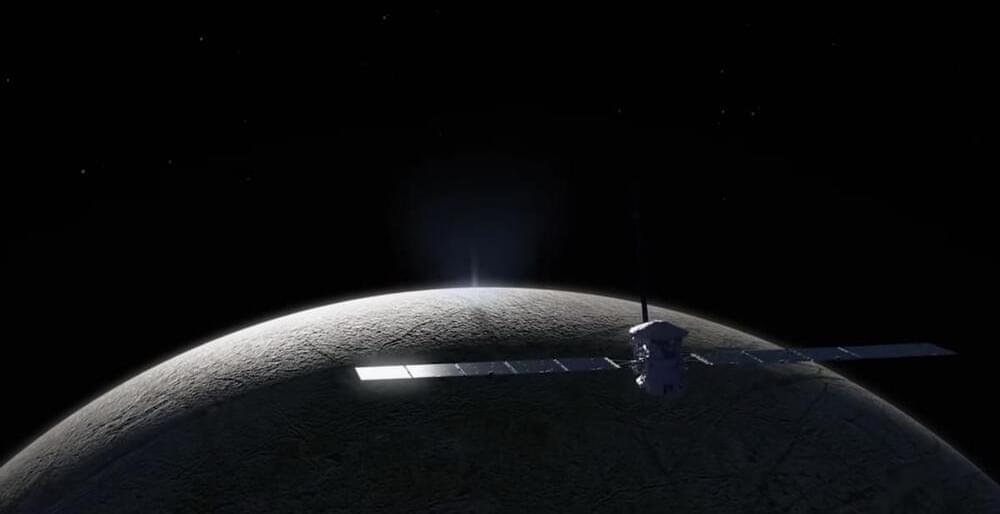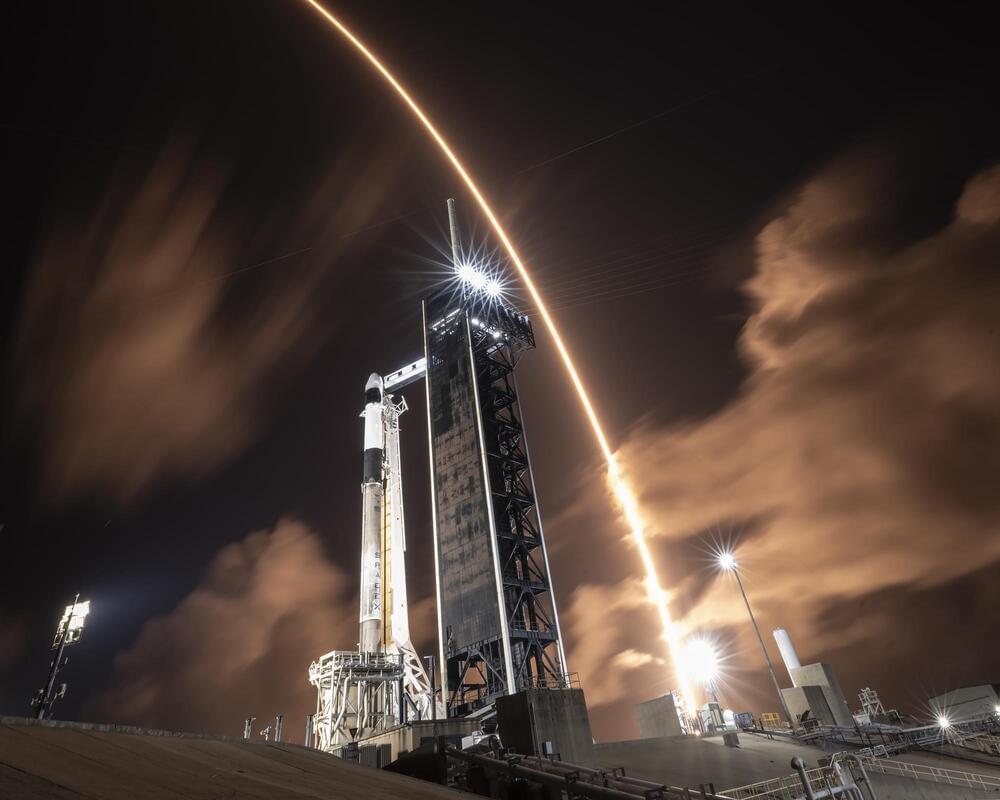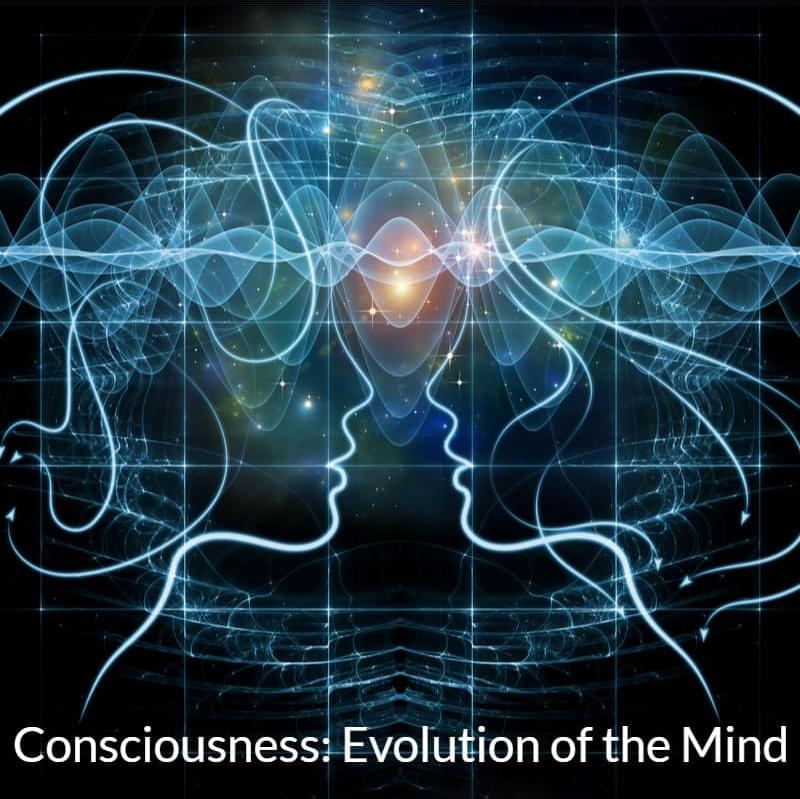Sep 1, 2024
Memory can be strengthened by unrelated experiences, study finds
Posted by Shubham Ghosh Roy in category: computing
There is a legend that many hundreds of years ago—long before printing presses, computers, or telephones existed—a special method was used to remember significant events, such as land transfers, crucial agreements, or weddings. According to the legend, a child was chosen to witness the event and immediately thrown into a river. This extreme combination of events was believed to ensure that the child would never forget that specific event.
But why might such a method have worked? Although this historical method may seem extreme, our ancestors may have been onto something crucial: When an event is combined with a strong emotional reaction, it becomes easier to remember.
For a long time, researchers have been able to offer a specific explanation for why some events are stored in our long-term memory while others are not. However, learning and memory may not be as straightforward as once thought. New research from DANDRITE shows that experiences that are not directly relevant to a memory can still impact the strength of that memory, paving the way for the development of entirely new memory-focused learning tools.


















